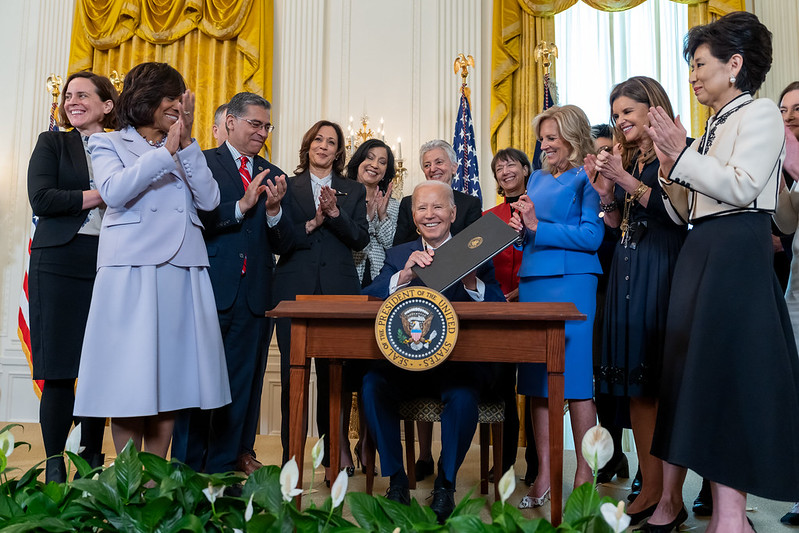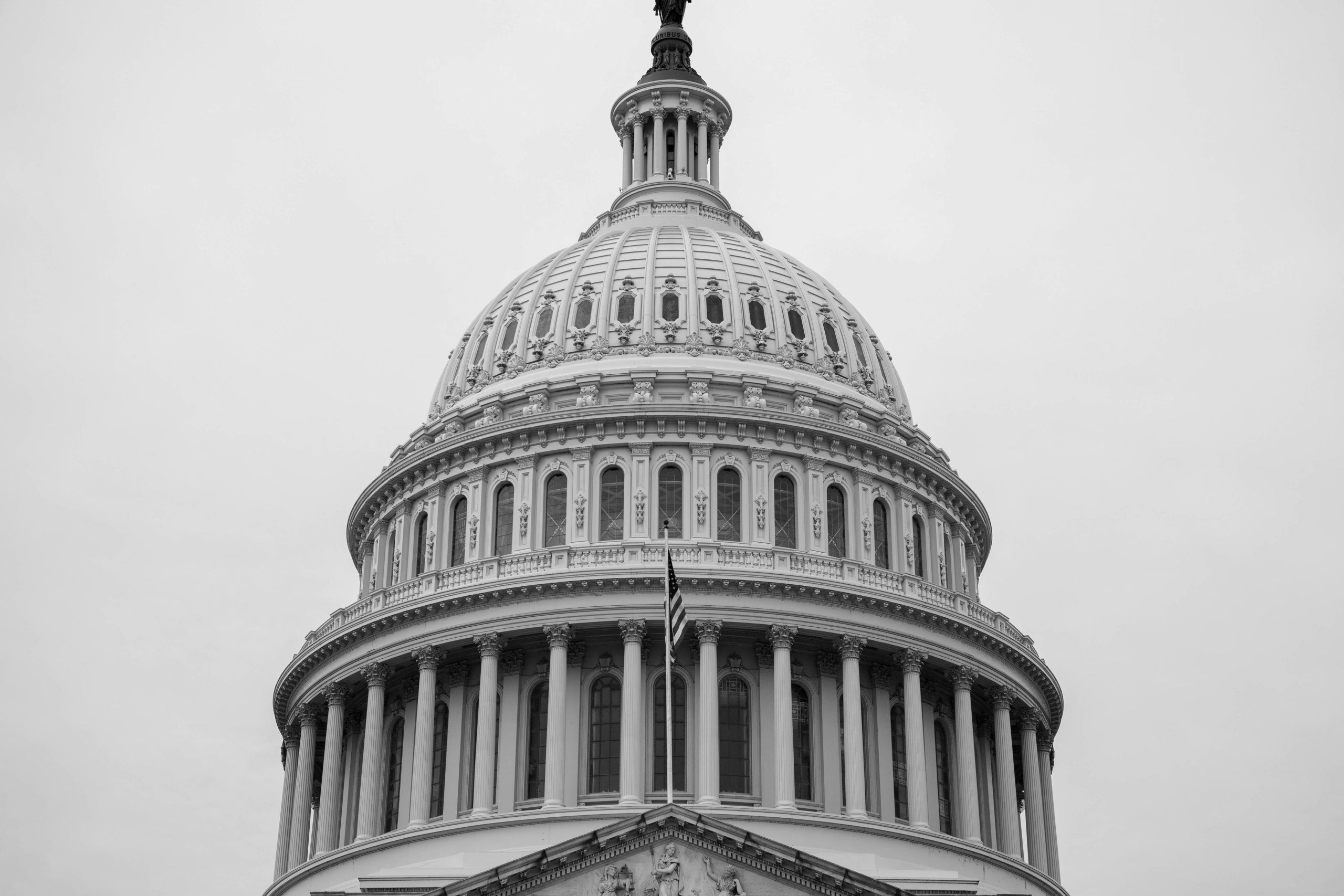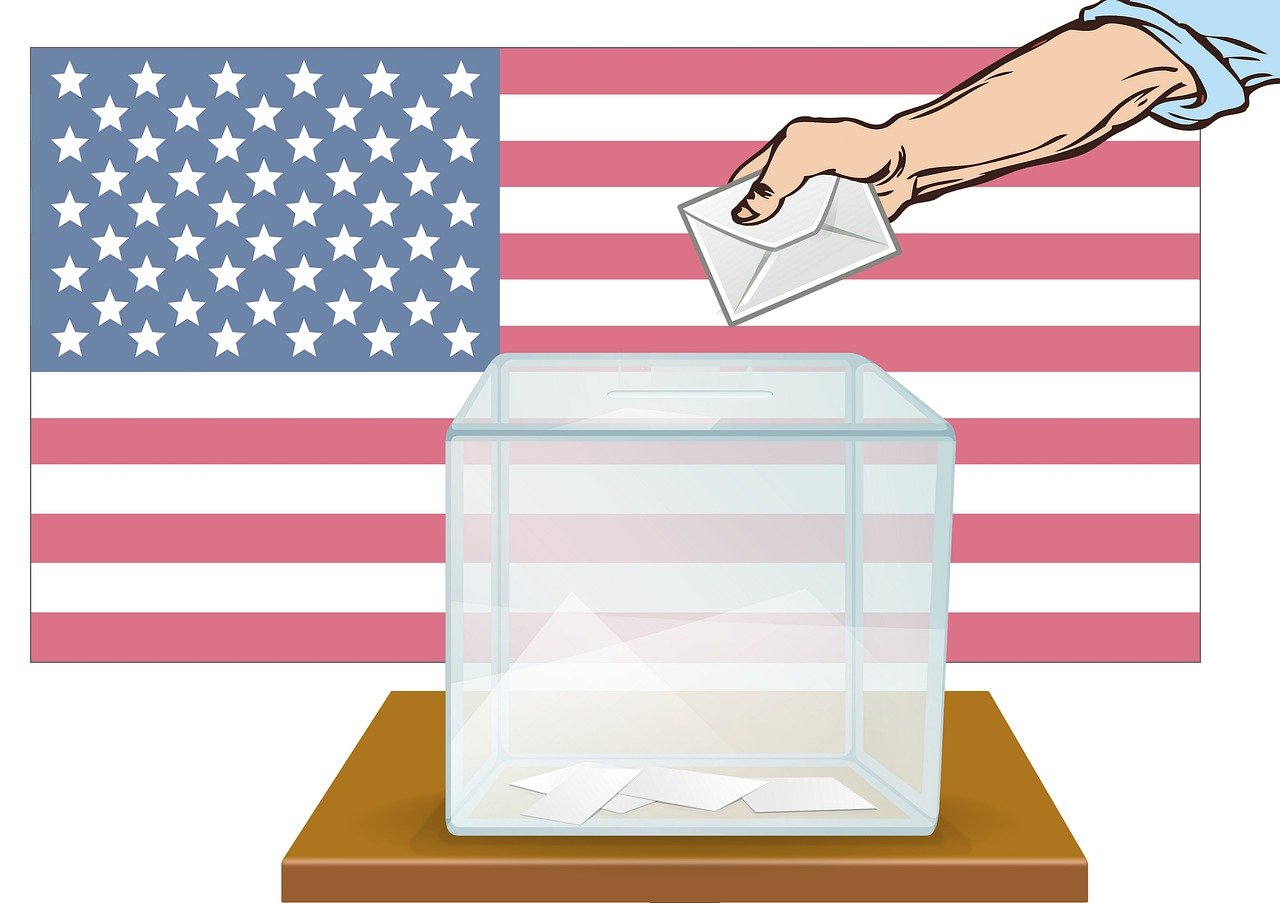 In this blog post, we discuss what undocumented spouses and stepchildren of U.S. Citizens can expect after applying for Parole in Place using the new USCIS online application called Form I-131F.
In this blog post, we discuss what undocumented spouses and stepchildren of U.S. Citizens can expect after applying for Parole in Place using the new USCIS online application called Form I-131F.
What to Expect After Filing Form I-131F Parole in Place
Once you have properly submitted the Form I-131F using your myUSCIS online account, you will receive a I-797 receipt notice from USCIS by mail as proof that your application was submitted. This receipt notice will contain your receipt number which you can use to track your case on the USCIS case tracker.
Please note that the receipt notice can also be accessed on your myUSCIS portal
The Biometrics Appointment
Several weeks after filing Form I-131F, you will receive a biometrics appointment notice, which will indicate the date, time, and location where you must appear for USCIS to collect your fingerprints, photographs, and a signature.
Your biometrics information will be used to run a background check for criminal history, verify your identity and, and to prepare certain immigration documents (for example, an Employment Authorization Document also known as a work permit).
If USCIS has collected your biometrics information in the past, it is possible that they will reuse such information. If that is the case, USCIS will notify you via your myUSCIS online account and send you a notice by mail.
Receiving a Decision
Those who meet the eligibility criteria for parole in place under the Keeping Families Together program, will receive a discretionary grant of parole for a 3-year period.
As part of the decision-making process, USCIS will take into consideration various factors to determine whether a favorable exercise of discretion is warranted in your case such as:
- Your criminal history
- The existence of removal proceedings
- Unexecuted final removal orders
- The results of background checks, including national security and public safety vetting Positive and adverse factors presented
- Any other relevant information available to or requested by USCIS.
Those who have any disqualifying criminal history or are found to be a threat to national security, public safety, or border security, may be denied for parole in place.
Factors such as pending criminal charges will make you ineligible for parole in place while the charge remains pending. Certain criminal convictions can also make you ineligible for parole in place under this process. Please discuss any criminal records with an experienced immigration attorney before filing Form I-131F.
 Visa Lawyer Blog
Visa Lawyer Blog










